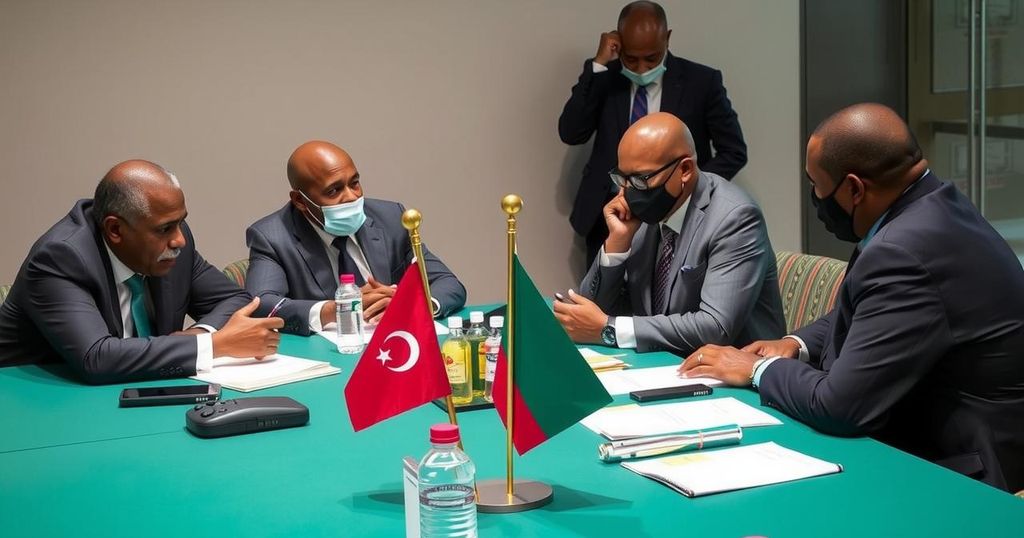The United Nations has launched a technical committee of Libya experts to address electoral issues and facilitate national elections. This initiative follows the collapse of the December 2021 election due to candidate disputes. The committee aims to expedite the electoral process while stability remains uncertain in the fragmented political landscape of Libya.
The United Nations has initiated a renewed effort to resolve the ongoing election impasse in Libya by establishing a technical committee of experts dedicated to addressing critical electoral issues. In a video statement, the acting head of the United Nations Support Mission in Libya (UNSMIL), Stephanie Koury, highlighted the need for progress toward national elections, a process that has been stalled since the failure of the December 2021 election due to candidate eligibility disputes. The committee is tasked with identifying solutions to electoral legislation challenges and exploring options to expedite the election process, including proposed guarantees and a definitive timeline.
Despite the establishment of a Government of National Unity (GNU), led by Prime Minister Abdulhamid al-Dbeibah, through a UN-sanctioned framework in 2021, the legitimacy of this government remains contested by the parliament. Al-Dbeibah has pledged to resist any transfer of power without a legitimate electoral process. Since the 2011 NATO-assisted uprising, Libya has struggled to achieve sustained peace, resulting in a bifurcation of governance between rival eastern and western factions in 2014. While there is a collective call for elections from key political entities, public skepticism persists regarding their true intentions, as many citizens doubt their commitment to democratic principles that could undermine their power.
As stated by Ms. Koury, “UNSMIL will also continue to work to help advance the unification of military and security institutions and, with partners, advancing national reconciliation.” This commitment underscores the UN’s multifaceted approach in addressing not just electoral frameworks, but also the broader security and reconciliation processes within Libya.
The political landscape in Libya has been tumultuous, especially following the 2011 NATO-backed uprising that led to a civil war and subsequent political fragmentation. The establishment of the Government of National Unity in 2021 was intended to unify the country and facilitate elections, yet disputes over candidate eligibility have halted this process. With rival factions maintained in control of different regions, the role of the United Nations in mediating and promoting a peaceful resolution is crucial in restoring governance and peace in Libya.
In summary, the United Nations’ establishment of a technical committee to address electoral issues in Libya represents an essential step toward resolving the prolonged election deadlock. The committee aims to provide a framework for conducting elections and restoring governance, amidst prevailing public skepticism and political contention. UNSMIL’s broader efforts are likewise focused on military unification and national reconciliation, crucial components for lasting peace in Libya.
Original Source: www.voanews.com






